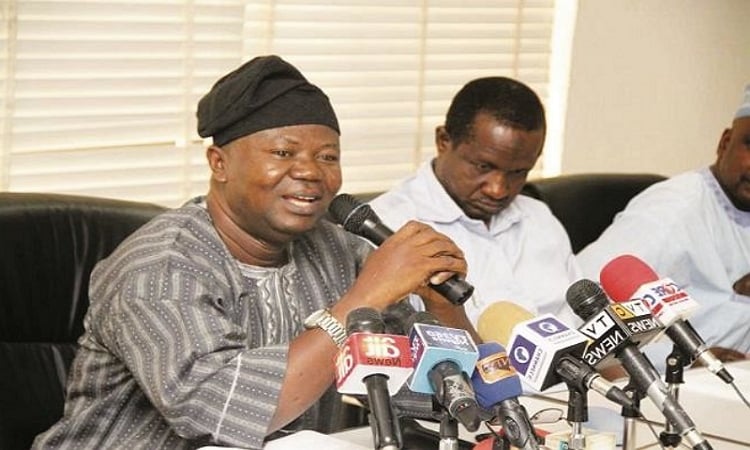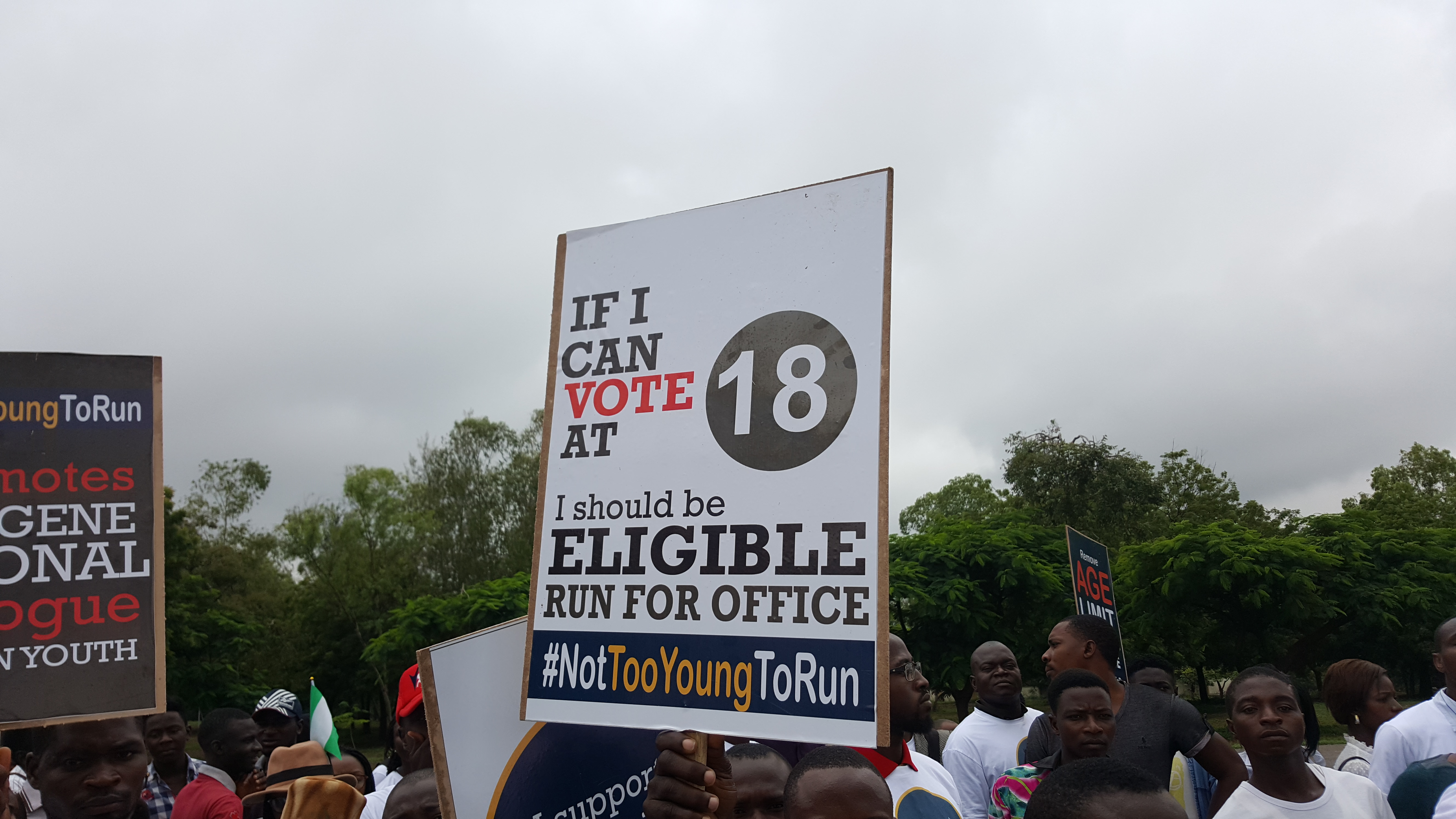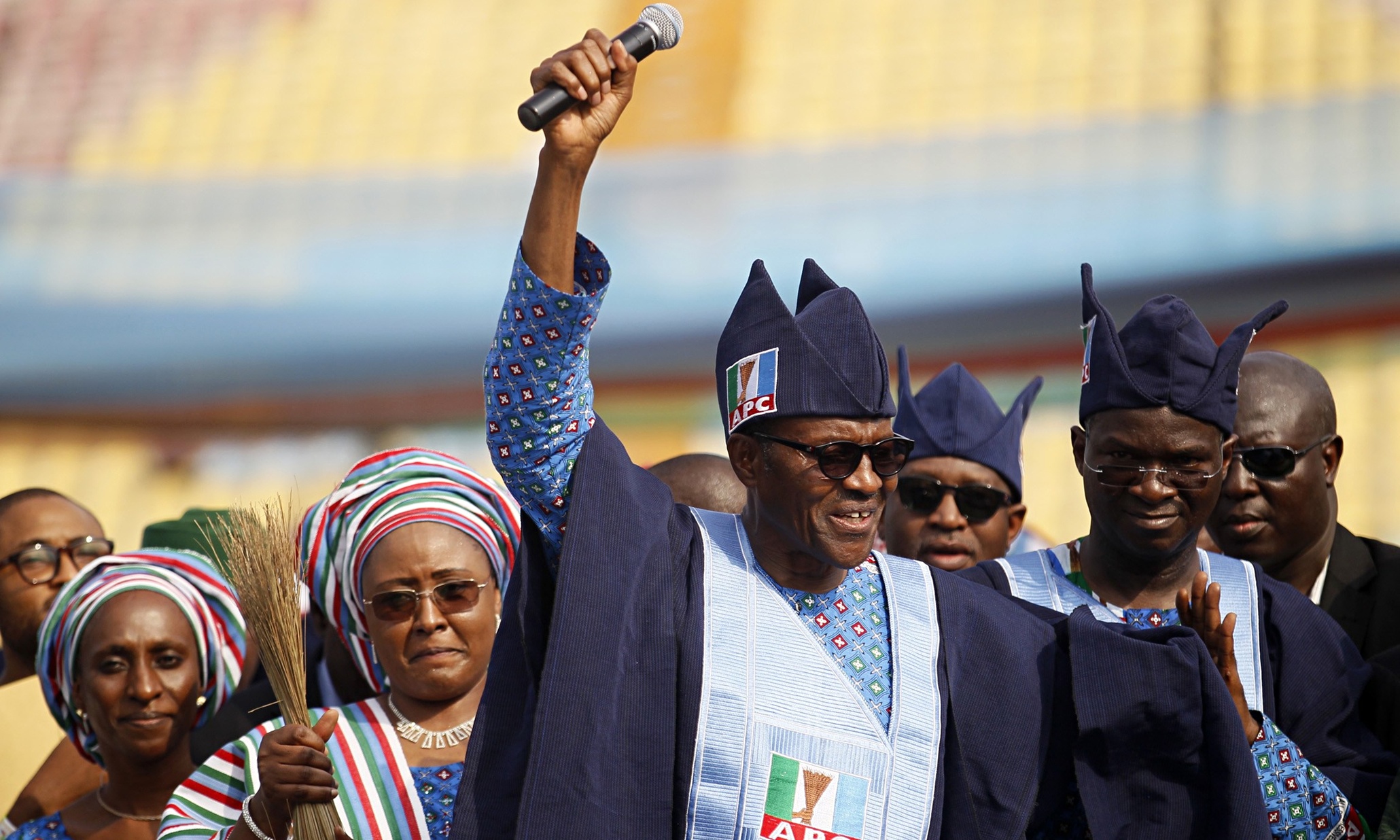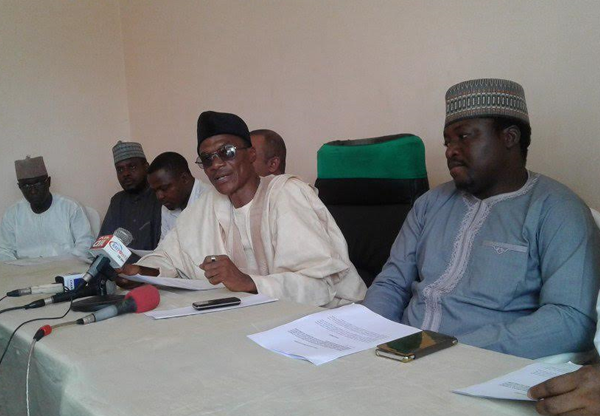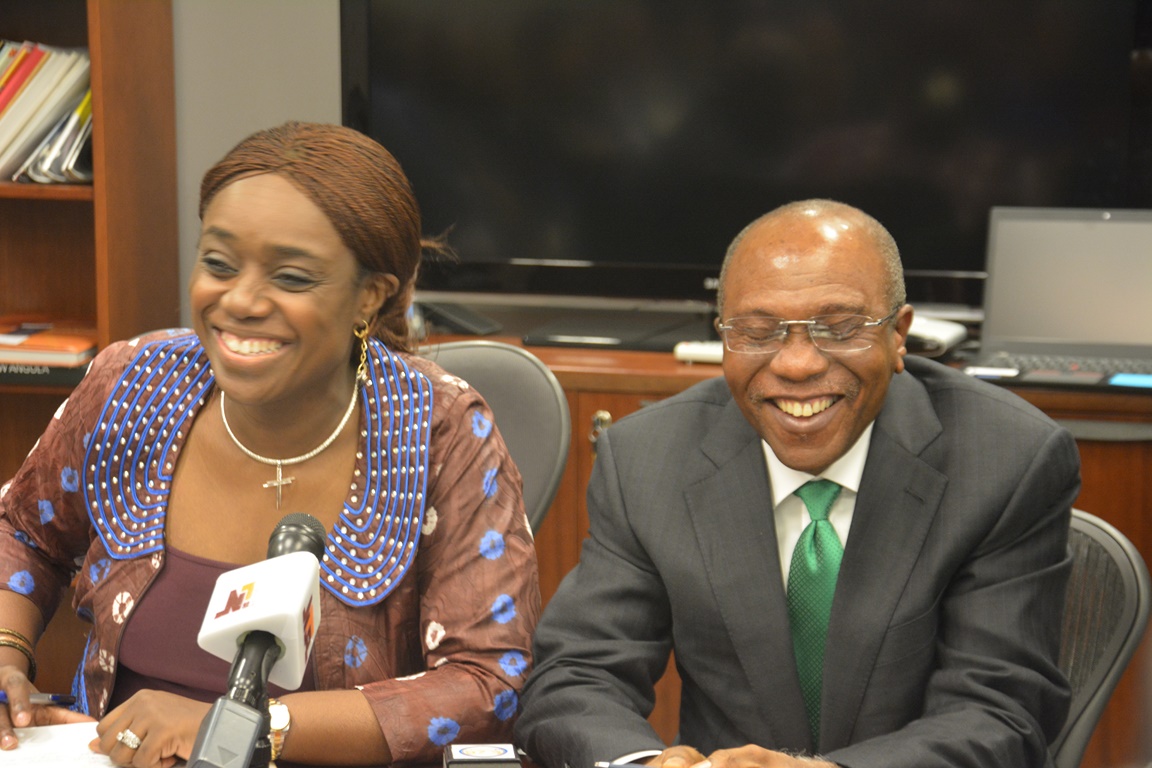BY ELVIS OGAH
Historically speaking, but not really definite, the Plebeians (members of the lower social class) in ancient Rome holds the record of inventing strike action. Their very first strike action tagged “the general strike of the plebeians” occurred because they saw with indignation how their friends, who had often served the state bravely in the legions, were savagely chained and reduced to slaves at the demand of Roman aristocratic creditors.
The first definite account of strike action in human history however, dates back to the end of the 20th dynasty, under Pharaoh Ramses III in ancient Egypt, precisely November 14, 1152 BC. Royal Necropolis artisans at el-Medina downed tools because they had not been paid. With days running into weeks of protest, the Egyptian authorities had no choice but to not only pay the artisans their entitlements, they were forced to raise workers’ wages that year. Labour Unions world over since ancient times have therefore mastered the art of employing strike actions cum collective bargaining as last resort to press home their demands.
1978 marked a watershed in the history of Labour Movement in Nigeria. That was the year the Academic Staff Union of Nigeria (ASUU) was birthed as a successor to the erstwhile Nigerian Association of University Teachers (NAUT) which was formed five years after independence. Coincidentally, in same 1978, the oil boom period which started in 1971 had begun to decline with the then military government having nothing to show for the huge petro dollars that accrued to its coffers.
The creation of ASUU also coincided with the era when military repression had severely gnarled basic freedoms in the Country. Freedom within the academia and university autonomy had been badly battered to a state of languor. University funding terribly nosedived whilst the piercing and predatory claws of poverty ravage through households. In its quest to make a huge statement and win acceptance from the populace, ASUU went radical and became more concerned with general national matters. The infant union hoisted its neck resolutely against the tyrannical and dictatorial policies in our barely 18-year-old independent fatherland.
Advertisement
Two years into its existence, the Union faced a tough test. As the year was wrapping up in 1980, a panel led by Justice Belonwu under the directive of the Sokoto State born President Shehu Usman Aliyu Shagari GCFR embarked on an investigative visit to the University of Lagos. Reports from that infamous visit resulted in the termination of employment of about 6 of Uni Lag’s senior academic staff members. ASUU brought its sheer wit, clout and resistive gait to fore. The union protested and pressed for the dismissed 6 to be reinstated.
It took six years, 1986 to be precise, three years after the Shagari government had been dislodged from office via a bloodless coup before the dismissed six were reinstated – thanks to a Supreme Court judgment. The vindication of ASUU, like a sweet song from the stables of Nigerian multi-talented instrumentalist, musician, composer and pioneer of the Afrobeat music genre Fela Anikulapo Kuti, resonated across the nation.
From its birth, ASUU sculptured its battles around the survival of the Nigerian University system under three main tracks: conditions of service (salary and non-salary); university autonomy; and the defence of the right to education. When I read through the recent letter by ASUU directing its members to embark on a “total, comprehensive and indefinite” strike action, their request bears no difference from what they have been fighting for almost 50 years. Key issues ASUU demands the federal government to address includes: Non Payment of Salaries; Non Payment of Earned Academic Allowances; Non release of operational License of NUPEMCO; Non Implementation of the provisions of the 2014 Pension Reform Act with respect to Retired Professors; Removal of the University Staff School from government funding; funds for the revitalization of Public Universities amongst others.
Advertisement
Successive government have shown little or no serious interest in Education in Nigeria. The fact that the current administration prioritized certain sectors over Education in the 2017 ghost Budget bears testament to this. How can one explain the fact that the Capital Allocation to the Ministries of Trade, Water Resources, and Interior is in the tune of N81billion, N85billion and N63billion respectively but only a paltry N50billion was earmarked for the all-important Education Ministry? More surprising is the fact that NDDC and Niger Delta ministry combined, were allotted a humongous N94billion while Special Intervention will gulp a whopping N150billion – Three times higher than what was given to Education Ministry.
Nigerian universities are poorly funded. The lecturers, like most other government workers, are poorly remunerated. If you actually attended a public university like yours sincerely, then you must be familiar with sights of horrible hostel facilities, congested lecture halls, overstrained lavatories, non-existent laundry facilities, poor sanitary conditions amongst others. Undergraduates, especially during GST Classes, sits on the bare floor or stand to catch a gaze of the lecturer through the window. In most universities, you find situations where a lecture hall meant to sit 150 becomes a theatre for a thousand students. Sardine-styled seating arrangement you may say. Lecturer – Student ratio in advanced climes averages 1-9. In Nigeria, it is 1 lecturer to 120 students. Shame! Little wonder then, that amongst the world top 1000 Universities, only Nigeria’s premier University of Ibadan featured at a distant 978th.
We understand ASUU’s frustration. The current Honorable Minster for Education in 2013 called on all other labour unions to join ASUU in protest. Reasons for his outburst some four years ago are still reasons why ASUU is on strike today. Our students are back home, classrooms all but slammed shut, admin offices under lock & key. Unemployment rate keeps skyrocketing. Youths are already agitated, so sending a huge chunk of them home to sit idle is akin to sitting on a keg of gun powder. Explosion looms and this may be the beginning of greater suffering for parents as the minds of their children may become workshops for the devil.
We call on ASUU to embrace dialogue like the gentlemen they are. We implore the Federal Government to heed to ASUU’s plea with all sincerity. The MoU in question was signed by both parties since 2009. Past administrations have handled it cosmetically, the onus is now on the incumbent to treat it holistically, coming out with a win-win solution. But while the round-table discussion is ongoing, we beseech ASUU, to kindly call off the strike action. God Bless Nigeria!
Advertisement
Views expressed by contributors are strictly personal and not of TheCable.
Add a comment
